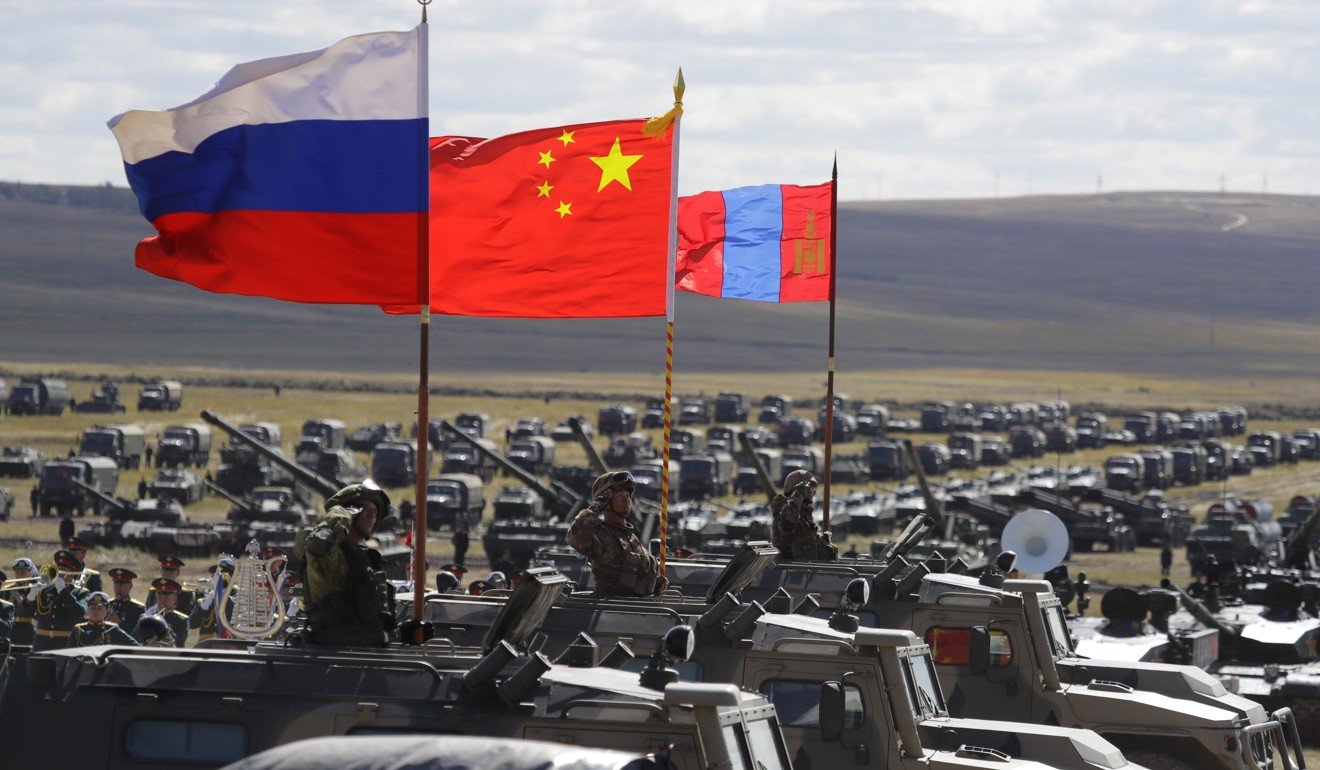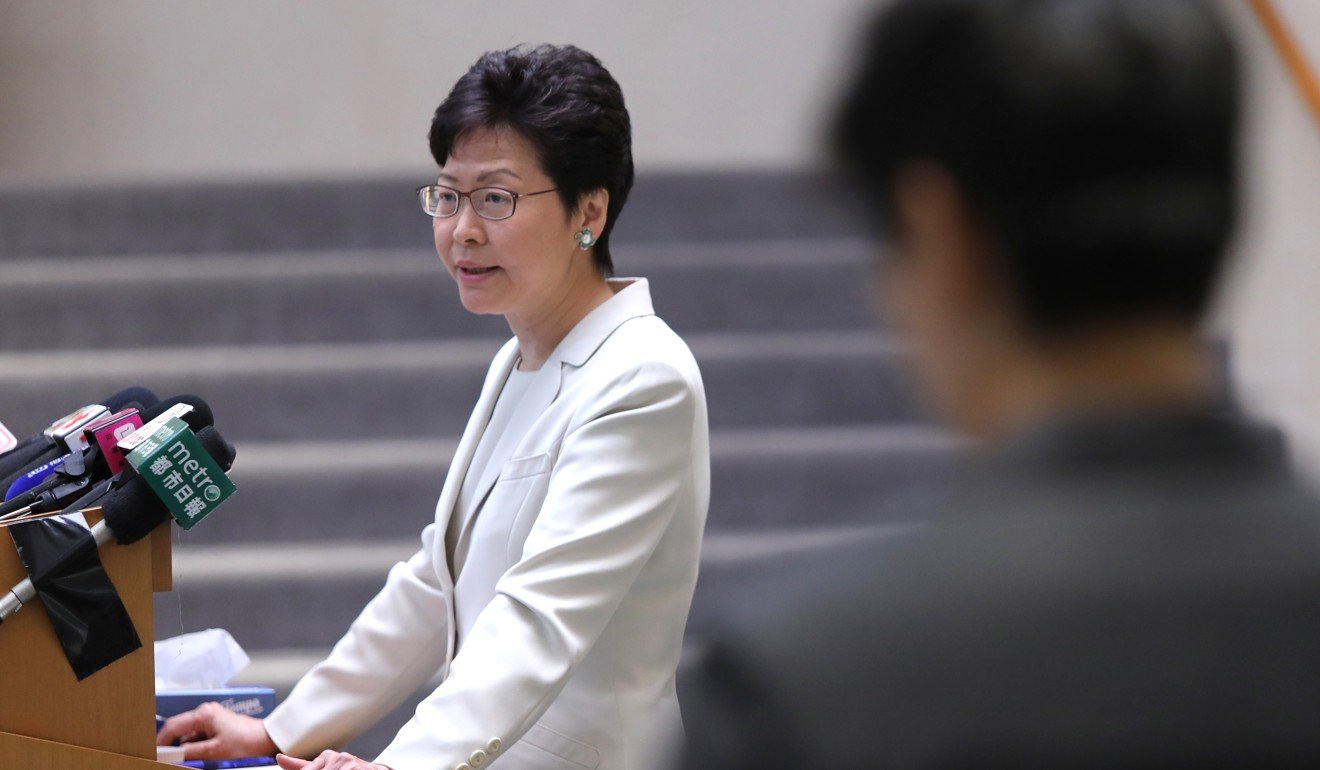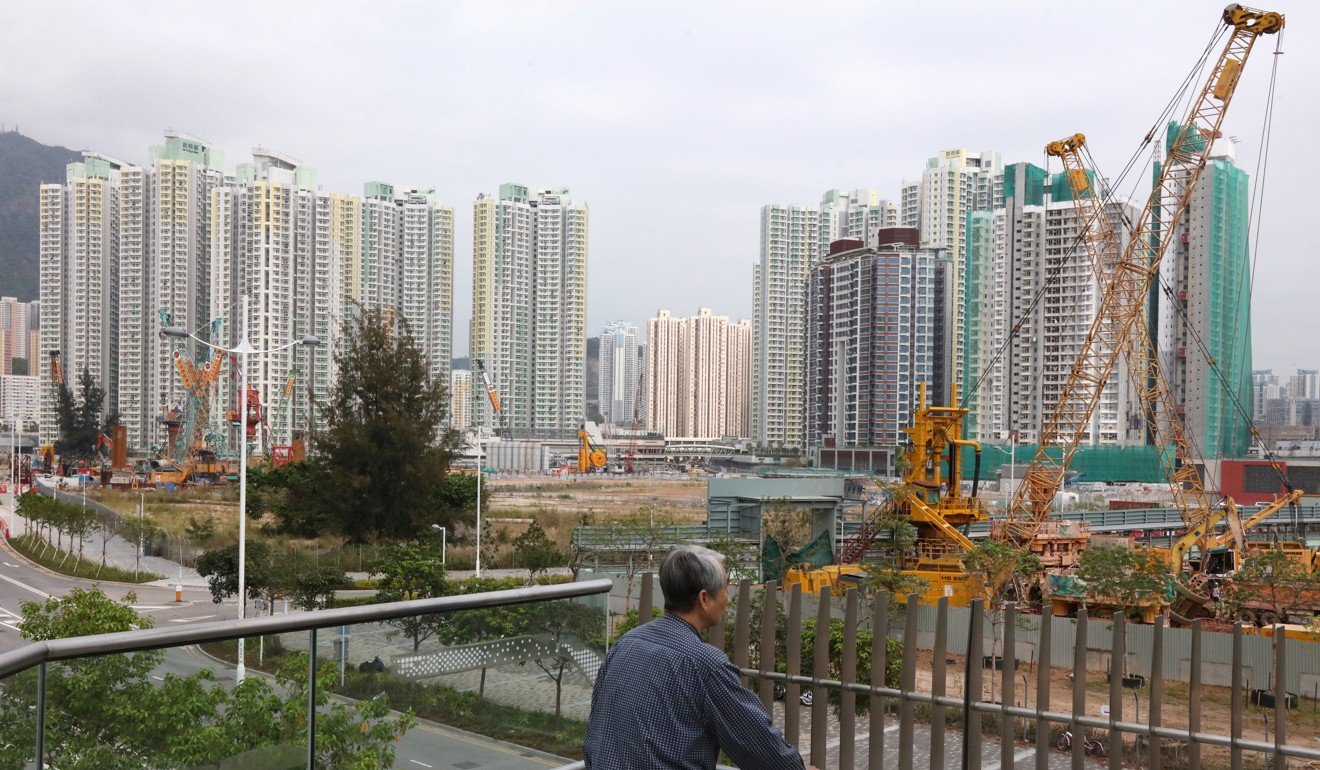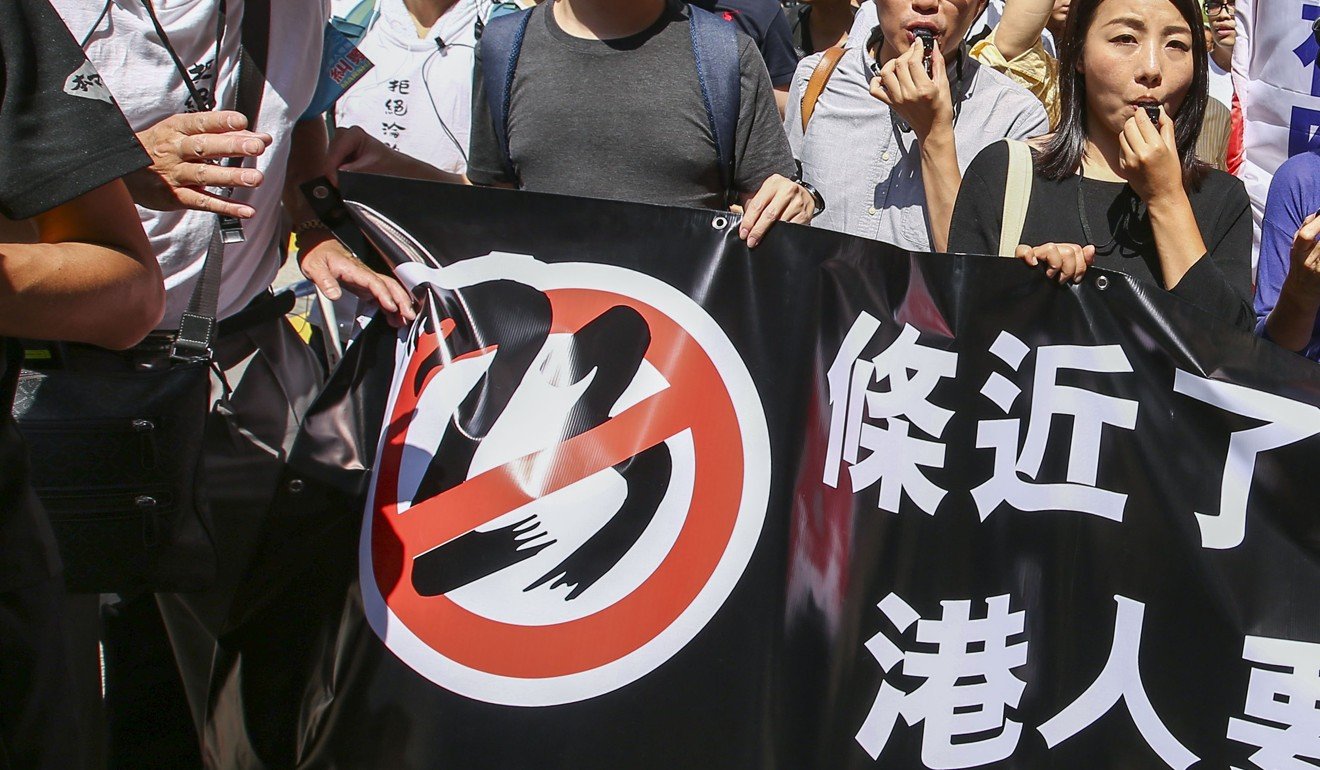
Just like for super typhoon, Hong Kong has to be vigilant and prepared for any global disruption and change
Although Hong Kong has no say in its foreign affairs, it cannot ignore fact that Beijing occasionally reviews city’s role according to latest global situation
When Hong Kong claims to be “Asia’s world city”, it can refer to more than just the vibrant and diversified lifestyle here – at least for our policymakers.
It was suggested this meeting in the Russian Far East port city demonstrated the two countries’ goodwill in further developing the vast area neighbouring China in a mutually beneficial way.

The Pentagon said it was watching this massive military exercise “very closely”.
All this seems far away from us in this part of the world, and perhaps no one cares to note that the two leaders have so far met 25 times, on five occasions last year alone. So why bother?
Money alone is no cure for Hong Kong’s housing shortage
The irony is, although Hong Kong has no say in its foreign affairs, it cannot ignore the fact that Beijing occasionally reviews the city’s role according to the latest global situation. This directly or indirectly affects local policymaking.

Public consultation started this month for Lam to compile her blueprint to be unveiled in October. The past weeks have seen her busy reaching out to different sectors for feedback on what should be her policy highlights.
At the same time she also has to consider factors closely intertwined with the international environment.
How special is Hong Kong’s SAR status amid the US-China trade war?
As far as housing goes, the lack of flour to bake enough bread is how Lam and many others see it. But is “flour”, or a guarantee of land supply, the ultimate cure?

The answer is more complicated than it looks. Taming the crazy property market also depends on the city’s population and immigration policies, investment incentives, interest rate changes directly linked with the US Federal Reserve’s decisions, capital flow from mainland China, and so on. No expert is needed to prove that.
Land reclamation ‘an unavoidable part’ of Hong Kong’s future
It means Hong Kong’s housing policy needs to look beyond the border. Even more so when it comes to the politically sensitive matter of national security legislation.
Lam’s administration apparently wants more time to create what it hopes will be a more “favourable” environment before wading into these troubled waters. Given all the conflicting views, it remains to be seen how Lam will address this contentious issue in her coming policy speech.

Will she talk about it or not mention it at all? What will be her next possible step?
Either way she has to walk a fine line in balancing Hongkongers’ concerns with Beijing’s growing anxiety to plug any possible national security loophole in the face of tougher global challenges amid an unstable China-US relationship.
China learns a very American lesson on the importance of ‘public diplomacy’
The hard truth is, with Beijing taking care of Hong Kong’s diplomacy, like it or not – apart from natural storms like the super typhoon that hit the city this weekend – we have to be vigilant and prepared for any global disruption and change.
The triangle of China-US-Russia relations is but one of the many global issues out there to be mindful of.

